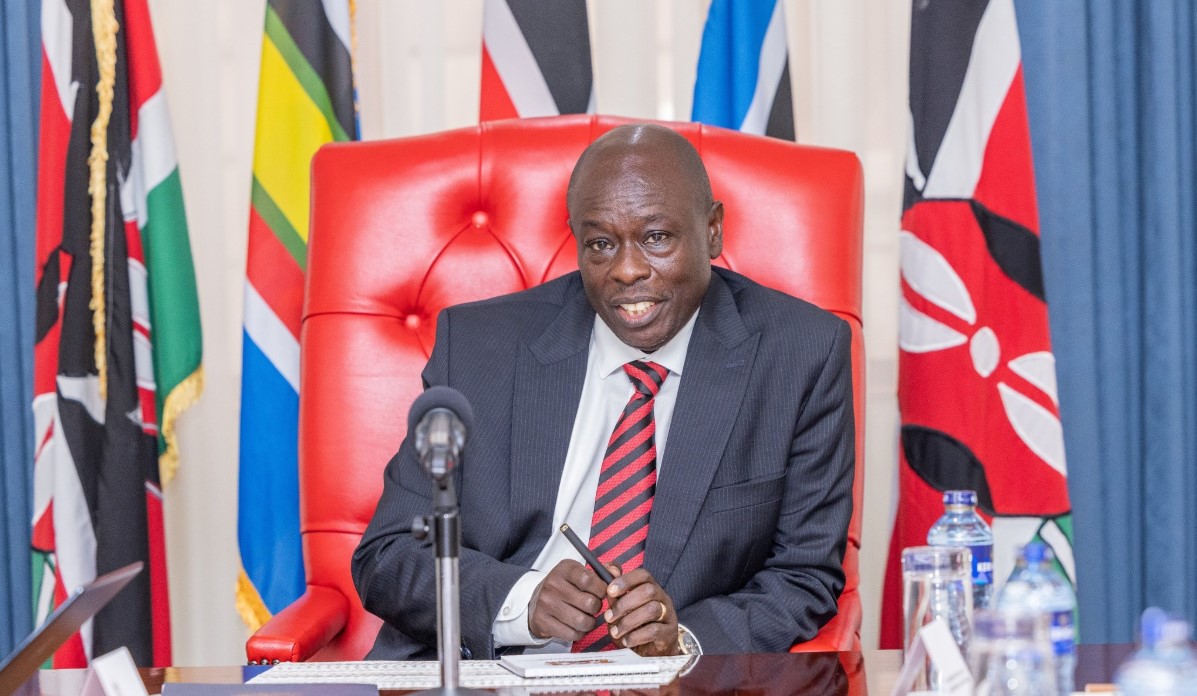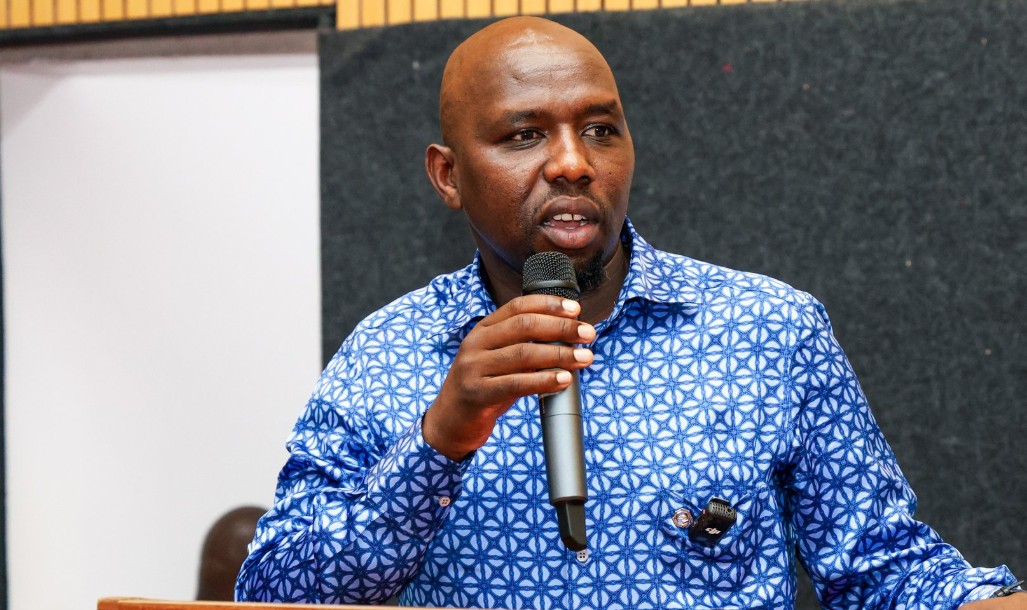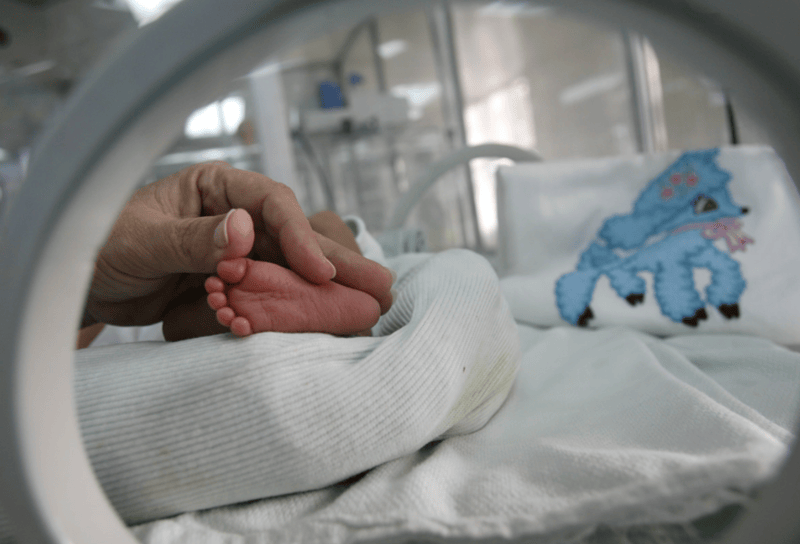Haiti, World's oldest black republic, marks independence

In 1791, Haiti, hailed as the "Pearl of the Antilles," stood as the crown jewel of the French empire, ranking as the world's wealthiest colony and contributing 60% of global coffee and 40% of sugar production.
Haiti is observing its 220th independence anniversary today, marking the culmination of the 13-year Haiti Revolution that commenced in 1791 as a resistance against slavery and French plantation owners, ultimately leading to freedom from France on January 1, 1804.
By the conclusion of this transformative period, Haiti emerged as the world's first black republic and the second independent nation in the Western hemisphere, following the USA. It holds the distinction of being the first in the Western Hemisphere to abolish slavery and extend full citizenship to non-whites, becoming a profound source of inspiration for people of African descent worldwide, particularly those still in bondage.
More To Read
- MSS terms as propaganda video claiming to show missing Kenyan officer in Haiti
- Kenya's Haiti mission denies allegations of withholding information from officers' families
- Report highlights challenges Haiti mission faces in battling gang control over key urban areas
- Kenyan police officers in Haiti suffer more casualties in clashes with gangs
In 1791, Haiti, hailed as the "Pearl of the Antilles," stood as the crown jewel of the French empire, ranking as the world's wealthiest colony and contributing 60% of global coffee and 40% of sugar production.
However, after independence Haiti faced major challenges orchestrated by France and the US. In 1825, France imposed severe reparations on the fledgling republic, demanding millions in compensation. Ironically, former slave owners were seeking reparations from those they had enslaved, leading Haiti to spend over a century repaying this debt.
The adversity continued in 1915 when the US invaded and occupied Haiti for 19 years. Although the US officially withdrew in 1934, it retained control over Haiti's public finances until 1947, diverting approximately 40% of the nation's income to service debts owed to the U.S. and France.
A 2022 New York Times investigation revealed that Haiti's revenues served a "double debt" between 1825 and 1957, totaling $560 million in today's value. The conservative estimate posits that retaining this sum in Haiti's economy over two centuries could have added at least $21 billion.
Conversely, modeling based on the growth rate of Haiti’s Latin American counterparts suggests that payments to France cost Haiti as much as $115 billion. The Times reported that its per capita income in 2018 could have been nearly six times larger.
In 2003, former President Jean-Bertrand Aristide publicly demanded $21 billion in reparations from France. This call underscored the enduring impact of historical injustices on Haiti's economic trajectory.
France's imposition of punitive reparations and economic exploitation, coupled with the U.S. invasion and occupation, have rendered Haiti impoverished, underdeveloped, and stifled its growth and potential for development.
Top Stories Today
- Auditor General exposes wasteful spending in county assemblies
- Family missing in Tsavo Park found safe after overnight search
- CS Miano faces online backlash for wearing Manchester United jersey
- Behind UK’s first womb transplant birth: A story of sisterhood
- South Sudan says US visa revocation due to denial of entry to non-citizen
- Somalia warns citizens without IDs will not get government services
Reader Comments
Trending

























